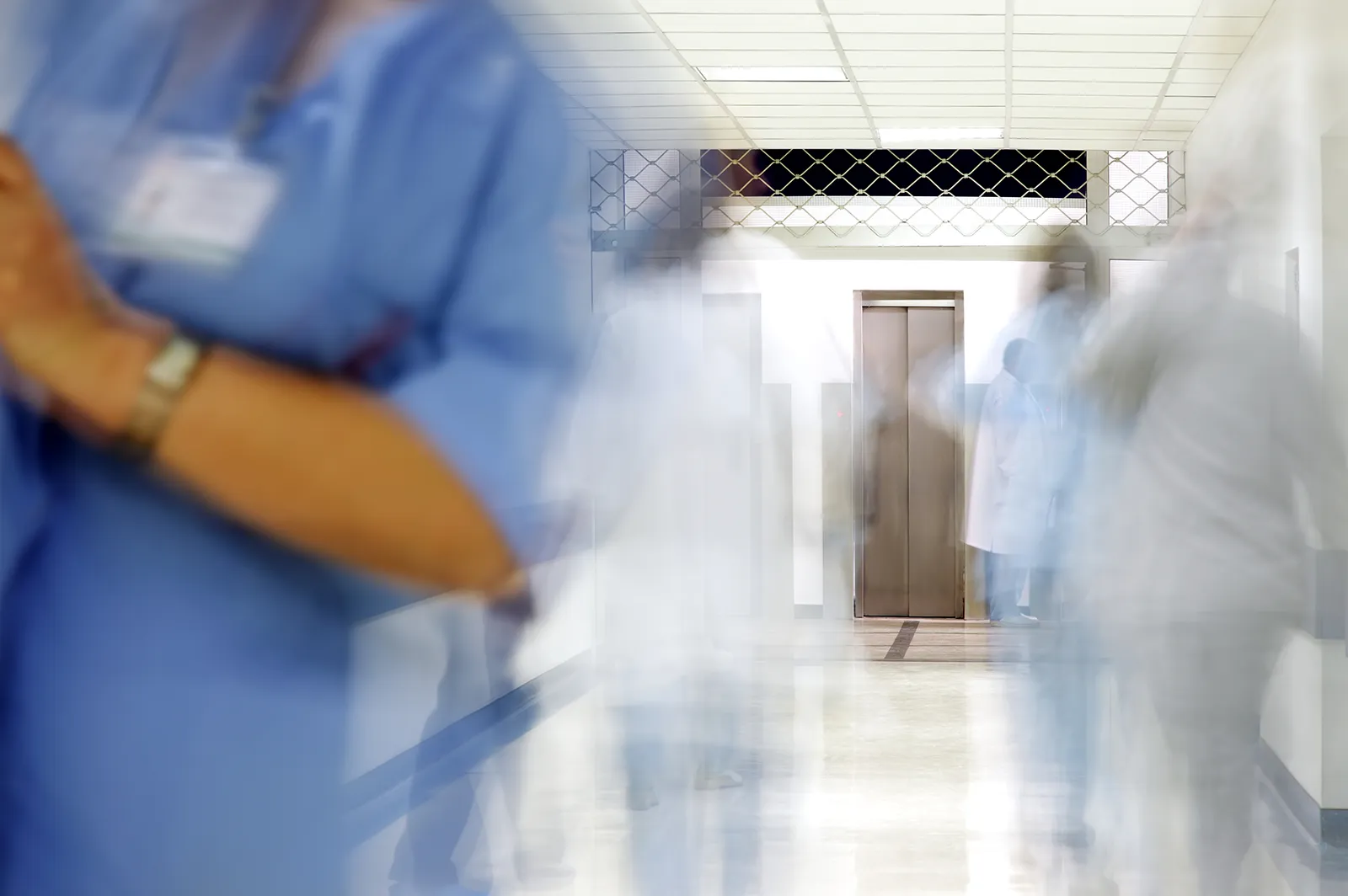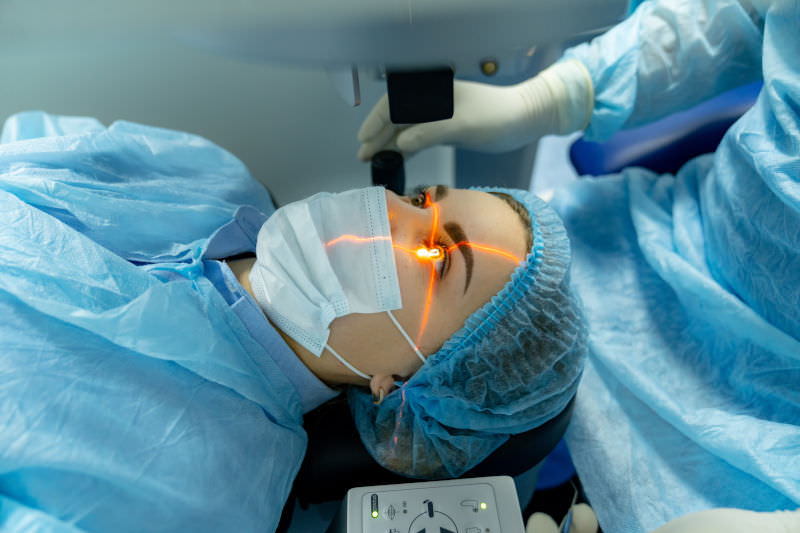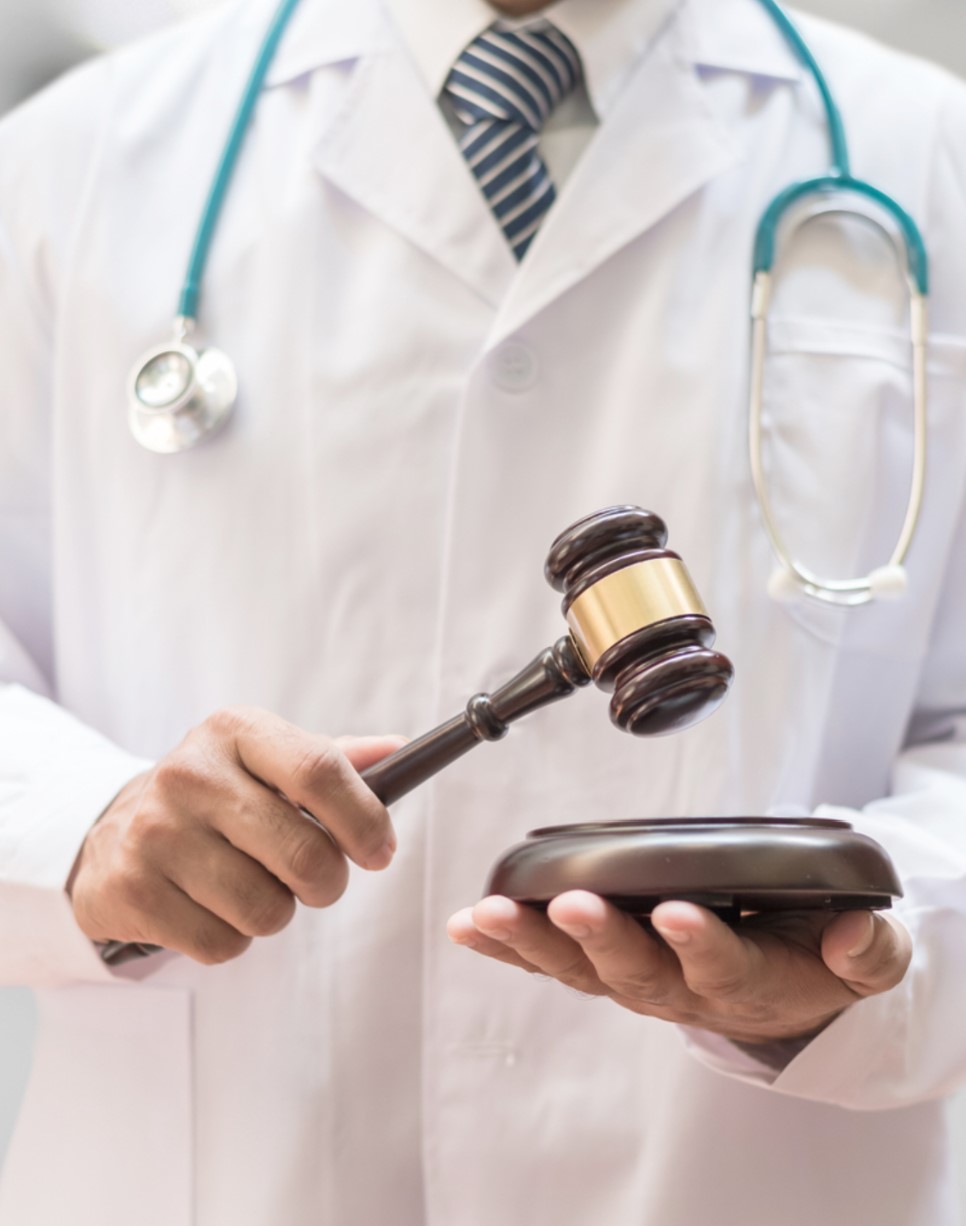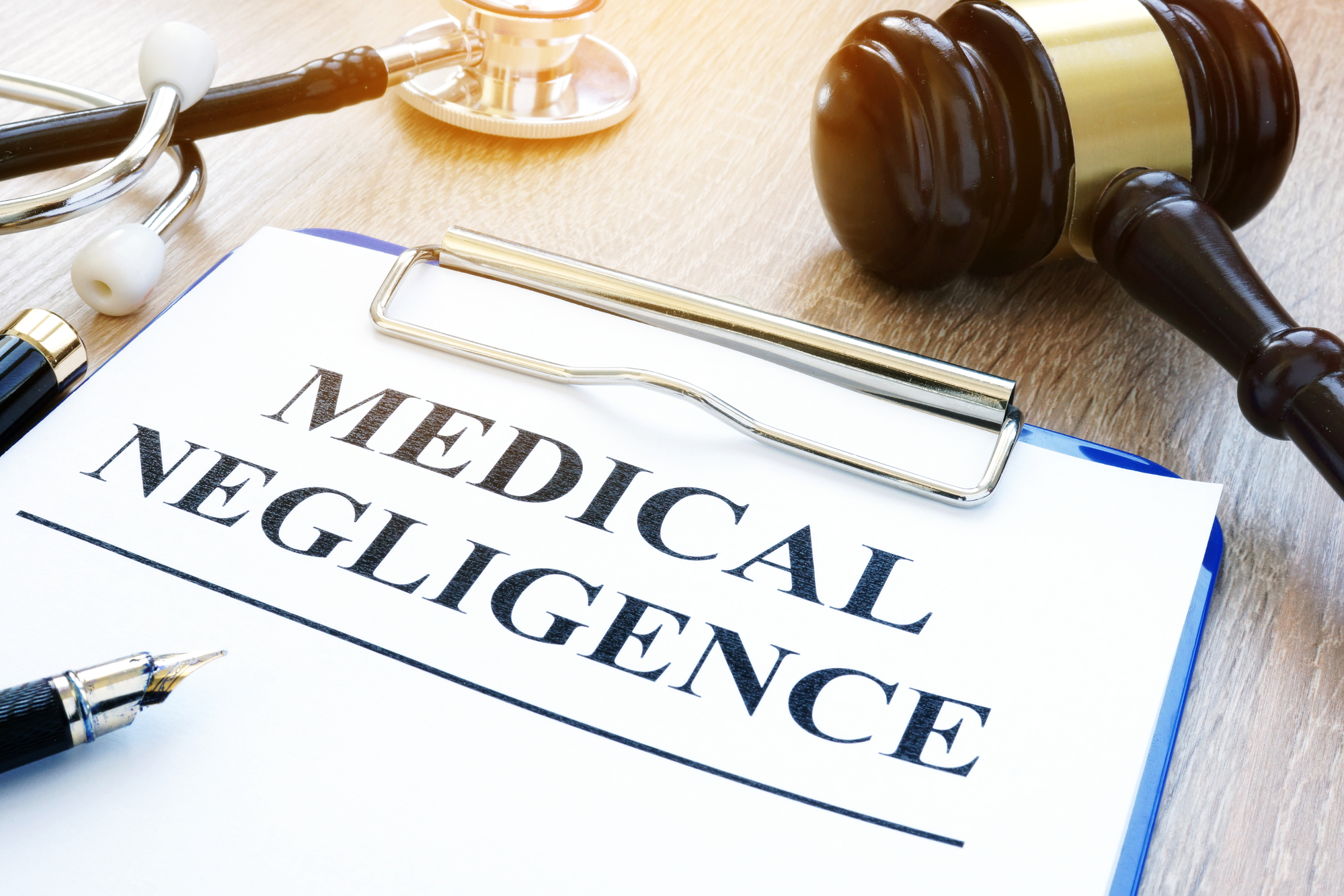Clinical negligence (also called medical negligence) refers to situations where a medical professional’s treatment has fallen below the standards required of them and you have suffered harm as a result, whether by causing an injury or making a condition.
There can be a particularly keen sense of injustice when you have been the victim of clinical negligence. Treatment intended to make you feel better or to improve your quality of life has had the opposite effect due to someone else’s negligent behaviour.
Sadly, clinical negligence can be encountered in many different forms:
Surgical errors
Any surgery can be a traumatic experience, but when something goes wrong the consequences can be life-changing. Complicated and dangerous procedures require the highest standards of skill and care possible. Surgical errors could include anything from:
- carrying out an operation poorly
- carrying out surgery which was unnecessary
- making mistakes with anaesthetic
- defective implants such as artificial hips
- retained objects
- mistakes in cosmetic surgery
- failing to follow guidelines
Misdiagnosis
We rely upon the advice of medical professionals when seeking help for ailments etc – if that advice is below the required standards then harm can easily result. It could be through:
- misinterpreting test results
- overlooking symptoms or injuries which need to be treated
- failing to refer you for appropriate tests.
Hospital negligence
We expect hospitals to be the best place for us when we have health problems. However, if a hospital is poorly managed or staff are negligent in their care, serious harm can result instead. This could be through:
- Poor hygiene procedures, leading to infections such as MRSA or C Difficile.
- Delays in treatment
- Negligent care on the ward
- Pressure sores
- Mistakes with medication
Recent success stories
Clinical Negligence FAQs
How can Truth Legal help?
When you’ve been through a medical nightmare, often the last thing you want is a period of more upheaval. The idea of bringing a claim can be daunting.
We understand that the human side of a claim should not be ignored. After all, it is the whole point of the claim. Compensation is not just financial, it has wider significance in how you come to terms with your injuries and move forward with your life. It can represent a way of making a difference, and allows you to take a stand against the mistakes that affected you – often in the hope that they are not repeated with someone else.
Truth Legal’s solicitors are experienced specialists in making all kinds of clinical negligence claims. We have helped many clients recover justly-deserved compensation for the pain and suffering they have experienced. We are based in Harrogate, Hull and Leeds..
If you would like to start your claim for compensation, contact us today to discuss your case.


















